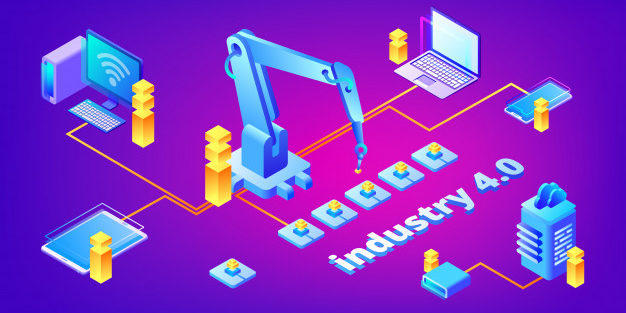Businesses enterprises mechanizing their work through Robotic Process Automation (RPA)
- According to a poll by Gartner (2019, around 80% of finance leaders have implemented RPA or are planning to implement
- Gartner says worldwide Robotic Process Automation market grew by 63% in 2018 and RPA software revenue was forecasted to reach $ 1.3 billion in 2019
Robotics process automation (RPA) is not about physical robots. However, it refers to software bots that streamline repetitive and tedious processes in the workplace. According to Gartner, RPA is the fastest growing segment in enterprise software. For now, RPA has been concentrated in certain industries like: finance but it is estimated that the technology will see expansion across more sectors. Most probably, we have seen the adoption of RPA in public sectors improving citizens’ access to critical public services, like social security. The RPA benefits of speed, reduced cost and productivity are especially relevant to this sector.
According to Forbes, in April, Uipath announced a series D round for $ 568 million, led by Coature for a valuation of $ 7 billion. RPA has been shown to generate quick and high levels of ROI (Return on Investment) for various businesses who are adopting it.
How will the RPA benefit enterprises and what will be its impact on them?
1. Automation anywhere
This tool combines robotic process automation solutions with intellectual elements like natural language understanding and reading unstructured data. Automation anywhere allows organizations to automate everyday processes which are performed by the staff. It empowers workforce to automate on their own in real time. RPA has been one of the revolutionary technology that changes the way the enterprise operate.
2. Uipath
Uipath is focused on providing a comprehensive platform to customers who are in need of a flexible solution. Solutions can easily be integrated through those that are available in AI ecosystem. Microsoft latest product has this strategy which has made easier than ever for every employee- regardless of their technical proficiency. This helps to rapidly automate the work of employees without the need for developer’s resource or coding.
3. Blue Prism’s
Blue Prism is a UK-based software development company in the field of Robotic Process Automation. This software enables business operations to be agile and cost effective by automating manual, rule-based tasks and improving accuracy through digital workforce. Blue prism is in fact an RPA tool which holds the capability of virtual workforce which is powered by software robots. Blue Prism has an especial feature which offers a visual designer with no recorders, scripts or any intervention
According to Global Head of Enterprise Intelligent Automation, PR Krishnan, “RPA is seen as a step in the journey towards intelligent automation.” Intelligent automation truly benefits enterprises from connectivity, data, talent and capabilities across a business ecosystem that transcends functional, organizational and even industry boundaries. However, there are various challenges associated with this emerging technology.
The table below shows the major 5 leading risks due to adoption of RPA in the United States of year 2018:
| Risks | % of respondents |
| Process stability | 26 |
| Technical complexity | 23 |
| Capacity | 20 |
| Ownership | 16 |
| Operational risk | 14 |
Source: Statista







